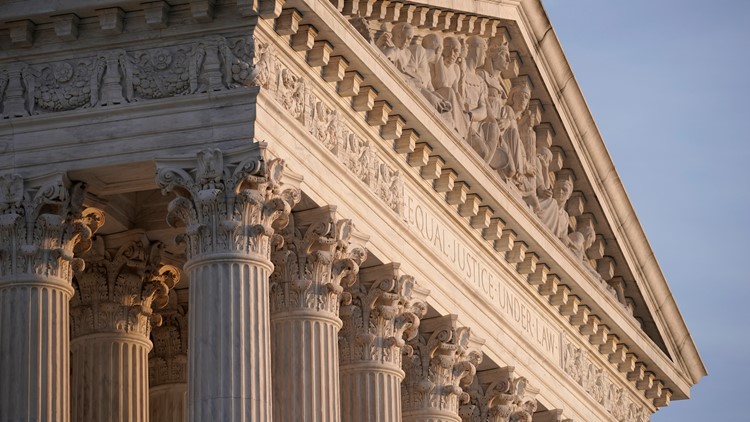WASHINGTON — In the midst of a pandemic, the Supreme Court said Friday it will take up the Trump administration's stalled plan to allow states to require low-income people to work to receive health care under Medicaid.
The timing of the court's decision to take up the issue was curious because by the time the case is argued in late winter or early spring, Joe Biden will be president and his administration is unlikely to continue President Donald Trump's plan to remake Medicaid by requiring recipients to work.
And when Congress earlier this year increased Medicaid funding, it barred states from restricting eligibility during the public health emergency.
Even so, the court agreed to review lower-court decisions involving Arkansas and New Hampshire that found that the administration's support for work requirements went beyond what's allowed by law.
Medicaid is a $600 billion federal-state program that covers about 70 million people, from pregnant women and newborns to disabled people and elderly nursing home residents. Under the Obama-era Affordable Care Act, states gained the option of expanding the program to many low-income adults previously ineligible. More than 12 million people have gained coverage as a result.
The Trump administration allowed states to require “able-bodied” adults drawing Medicaid benefits to work, volunteer or study.
Before the pandemic, nearly 20 states had tried to implement requirements after the administration invited them in 2017 to submit such proposals. Kentucky, an early adopter, has reversed course under a Democratic governor and dropped its requirements.
Trump also has supported work requirements for safety-net programs across the government. He signed an executive order directing Cabinet agencies to add or strengthen work requirements for programs including subsidized housing, food stamps and cash welfare.



